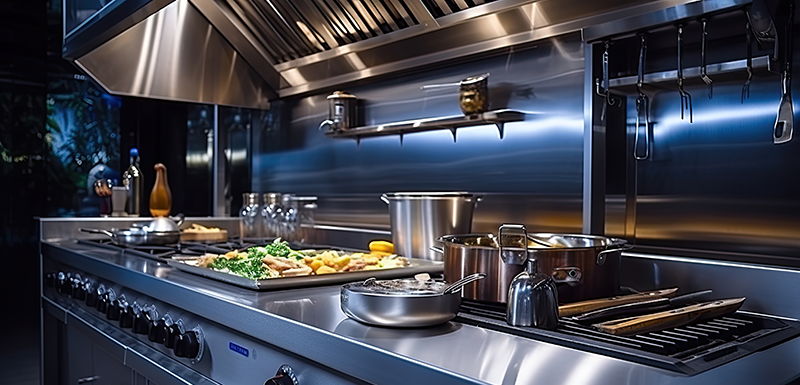The Pros of an Electric Oven:
Electric ovens use heating elements to generate heat. That produces consistent even heat which can be ideal for baking and roasting.
Moreover, Electric ovens offer more accurate temperature settings, making them better for delicate recipes. They also produce dry heat, which is great for baking pastries, cakes, and bread.
In addition to that, they are easier to clean because many of them come with self-cleaning features, and smooth surfaces make manual cleaning easier.
Installing them does not require a gas line, so they can be installed in more locations, and they tend to be easier to maintain.
They are also safer in comparison to gas oven that are prone to leaks or carbon monoxide.
However electric ovens come with Higher Energy Costs. Electricity is often more expensive than gas.
Electric ovens are often more expensive to operate but they may be a cheaper option from gas ovens if there is a gas installation involved.
Hybrid Options:
Some ovens combine gas and electric features, such as a gas cooktop with an electric oven. This setup allows you to enjoy the benefits of both types:
- Gas cooktops provide instant heat and precise control for stovetop cooking.
- Electric ovens offer even baking and roasting performance.
Luxury Electric Range Brands
For those who appreciate high-end features and cutting-edge technology, luxury brands like Viking and GE Monogram provide top-tier electric ranges worth considering. These brands raise the bar when it comes to cooking performance and kitchen aesthetics.
How Many Years Does an Electric Range Last?
The life expectancy of an electric oven is around 15 years, the same as a gas oven. However, the lifespan of these kitchen appliances depends on how frequently you use them and whether they are maintained properly.
Appliance repair manufacturers who make ovens include Whirlpool, GE, Samsung, LG and KitchenAid, Frigidaire, Kenmore, Dacor, Wolf, Thermador, Viking and Electrolux.


